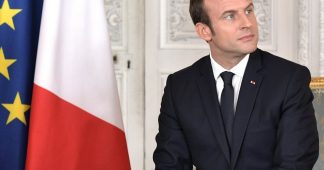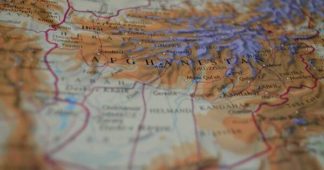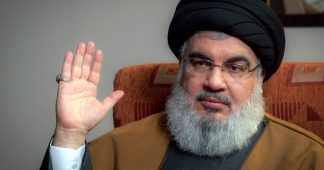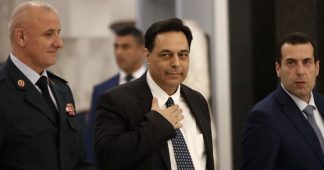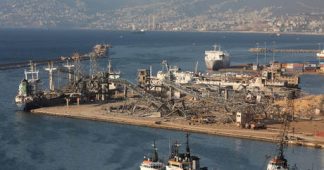19 September 2021
Beirut, Lebanon – We have just concluded a two-day visit to Beirut, Lebanon to reiterate our commitment to the people of Lebanon and express our solidarity and continued support.
Since the Beirut port blast last year, the country and its people have slipped even further into despair. The current economic crisis has increased poverty across the country, and all sectors including health, are at risk of collapse.
Fuel shortages are causing most hospitals to operate at only 50% capacity. Just today, we were told that two open heart surgeries were cancelled because of limited fuel at the facility where they were planned to take place. Basic and life-saving medicines are in short supply, with restrictions in foreign currency severely limiting importation of medicines and medical goods.
A brain drain is occurring at alarming speed. Almost 40% of skilled medical doctors and almost 30% of registered nurses have already left the country either permanently or temporarily. Mental health needs are greater than ever before, and the ongoing COVID-19 pandemic continues to create additional challenges for both the health sector and communities alike.
The challenges before us are immense and threaten the many significant health gains that Lebanon had made over the last decades. But we can use this crisis as an opportunity to build a better health care system in Lebanon, and work with national authorities, partners, and the international community for positive health sector reform.
We cannot afford to leave behind those most vulnerable and in need. Access to essential and life-saving health services must be preserved at all costs – including for migrants and persons with disabilities.
Throughout our visit, we saw firsthand the spirit of resilience and determination that the Lebanese people are renowned for. Health care workers that have remained in the country are saving lives with the few resources they have at their disposal. The Lebanese people are eager to rebuild their country, and we are with them every step of the way.
At WHO, we have championed the importance of building and maintaining partnerships among the diverse group of players involved in global health — country governments, donors, the private sector, civil society and academics — to overcome barriers to achieving universal health coverage.
We remain committed to continuing our immediate, lifesaving work in Lebanon, while also planning for longer-term strategies for health. And we count on the support of all sectors and all stakeholders to build on the support they have provided so far, so that together, we can take Lebanon from its current crisis to a future where all people can enjoy health as a basic right
We remind our readers that publication of articles on our site does not mean that we agree with what is written. Our policy is to publish anything which we consider of interest, so as to assist our readers in forming their opinions. Sometimes we even publish articles with which we totally disagree, since we believe it is important for our readers to be informed on as wide a spectrum of views as possible.
